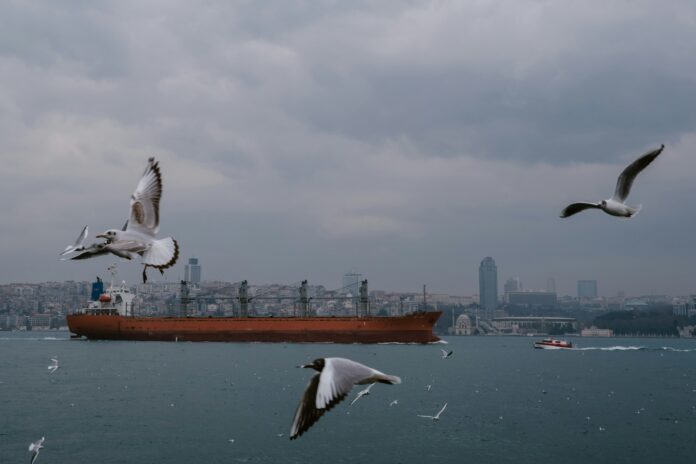The emergence of a covert fleet of LNG carriers, dubbed the “Dark LNG Fleet,” has been connected to Russia in a development that has shocked the world’s energy and maritime industries.
As Splash247 reports, citing Oystein Kalleklev, chief executive of Norwegian shipping company Flex LNG, “Russia has established a so-called “dark fleet” of tankers with obscure ownership and jurisdiction to circumvent sanctions on its crude and petroleum products, and a similar scenario may possibly play out on the LNG side.”
The geopolitical ramifications of Russia’s involvement are also significant. The European Union and NATO have expressed concern over the potential for energy manipulation and the destabilization of global energy markets.
Environmental organizations are especially worried about the ecological dangers posed by shadow fleets. Spills and other mishaps are more likely to occur during these operations since stealth and speed are probably going to be given precedence over environmental preservation and safety.
On the backdrop of these concerns, Eauractiv wrote that “Germany and the Czech Republic are pushing the European Union to hold talks on how to eliminate the remaining energy sources Europe imports from Russia.”
Another level of complexity is added by the geopolitical environment. Nations that rely significantly on LNG imports, like South Korea and Japan, may experience interruptions in their legal supply chains, and producing countries may take advantage of shadow fleets to achieve tactical advantages.
Regarding its involvement with the “Dark LNG Fleet,” the Russian government has remained silent in the interim. Nonetheless, experts surmise that Russia’s persistent involvement in covert energy operations might be motivated by its strategic objectives of controlling the world energy market and eluding Western sanctions.



